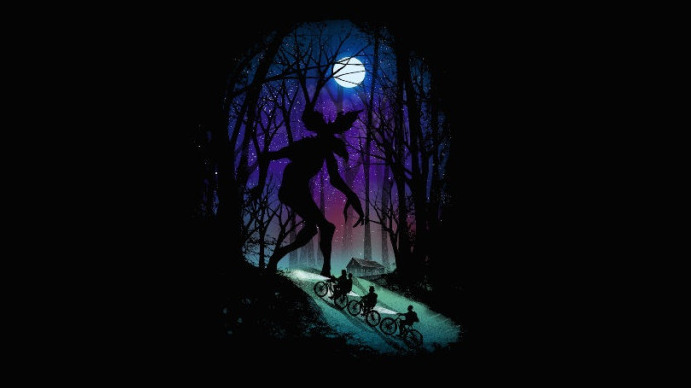This is a dangerous sentiment for me to express, as an editor who spends most of my working life telling writers to knock it off with the 45-word sentences and the adverbs and tortured metaphors, but I do think we're living through a period of weird pragmatic puritanism in mainstream literary taste.
e.g. I keep seeing people talk about 'purple prose' when they actually mean 'the writer uses vivid and/or metaphorical descriptive language'. I've seen people who present themselves as educators offer some of the best genre writing in western canon as examples of 'purple prose' because it engages strategically in prose-poetry to evoke mood and I guess that's sheer decadence when you could instead say "it was dark and scary outside". But that's not what purple prose means. Purple means the construction of the prose itself gets in the way of conveying meaning. mid-00s horse RPers know what I'm talking about. Cerulean orbs flash'd fire as they turn'd 'pon rollforth land, yonder horizonways. <= if I had to read this when I was 12, you don't get to call Ray Bradbury's prose 'purple'.
I griped on here recently about the prepossession with fictional characters in fictional narratives behaving 'rationally' and 'realistically' as if the sole purpose of a made-up story is to convince you it could have happened. No wonder the epistolary form is having a tumblr renaissance. One million billion arguments and thought experiments about The Ones Who Walk Away From Omelas that almost all evade the point of the story: that you can't wriggle out of it. The narrator is telling you how it was, is and will be, and you must confront the dissonances it evokes and digest your discomfort. 'Realistic' begins on the author's terms, that's what gives them the power to reach into your brain and fiddle about until sparks happen. You kind of have to trust the process a little bit.
This ultra-orthodox attitude to writing shares a lot of common ground with the tight, tight commodification of art in online spaces. And I mean commodification in the truest sense - the reconstruction of the thing to maximise its capacity to interface with markets. Form and function are overwhelmingly privileged over cloudy ideas like meaning, intent and possibility, because you can apply a sliding value scale to the material aspects of a work. But you can't charge extra for 'more challenging conceptual response to the milieu' in a commission drive. So that shit becomes vestigial. It isn't valued, it isn't taught, so eventually it isn't sought out. At best it's mystified as part of a given writer/artist's 'talent', but either way it grows incumbent on the individual to care enough about that kind of skill to cultivate it.
And it's risky, because unmeasurables come with the possibility of rejection or failure. Drop in too many allegorical descriptions of the rose garden and someone will decide your prose is 'purple' and unserious. A lot of online audiences seem to be terrified of being considered pretentious in their tastes. That creates a real unwillingness to step out into discursive spaces where you 🫵 are expected to develop and explore a personal relationship with each element of a work. No guard rails, no right answers. Word of god is shit to us out here. But fear of getting that kind of analysis wrong makes people hove to work that slavishly explains itself on every page. And I'm left wondering, what's the point of art that leads every single participant to the same conclusion? See Spot run. Run, Spot, run. Down the rollforth land, yonder horizonways. I just want to read more weird stuff.



















